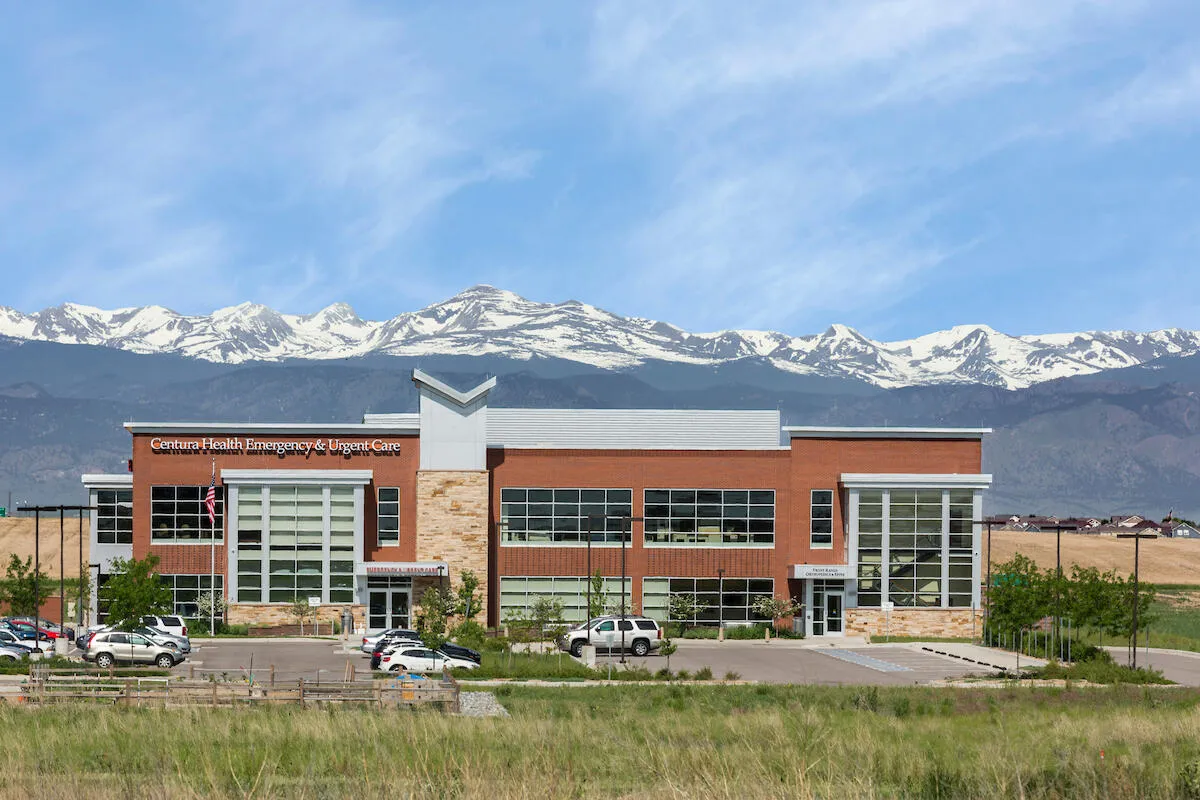Local ballot initiatives fill in gaps for behavioral health services

When counties like Larimer and Boulder encounter gaps in mental and behavioral health services and a private enterprise isn’t on board, then an initiative sometimes is the best answer.
In Larimer County, voters approved a 2018 ballot initiative to designate funding for behavioral health and to build the county’s first acute care behavioral health facility, paid for by a .25% sales and use tax. And in Boulder County, strategic planning is underway to improve mental and behavioral services.
“The initiative in 2018 was the first successful ballot initiative after several failed ballot initiatives to address mental and behavioral health issues in the…
THIS ARTICLE IS FOR SUBSCRIBERS ONLY
Continue reading for less than $3 per week!
Get a month of award-winning local business news, trends and insights
Access award-winning content today!




